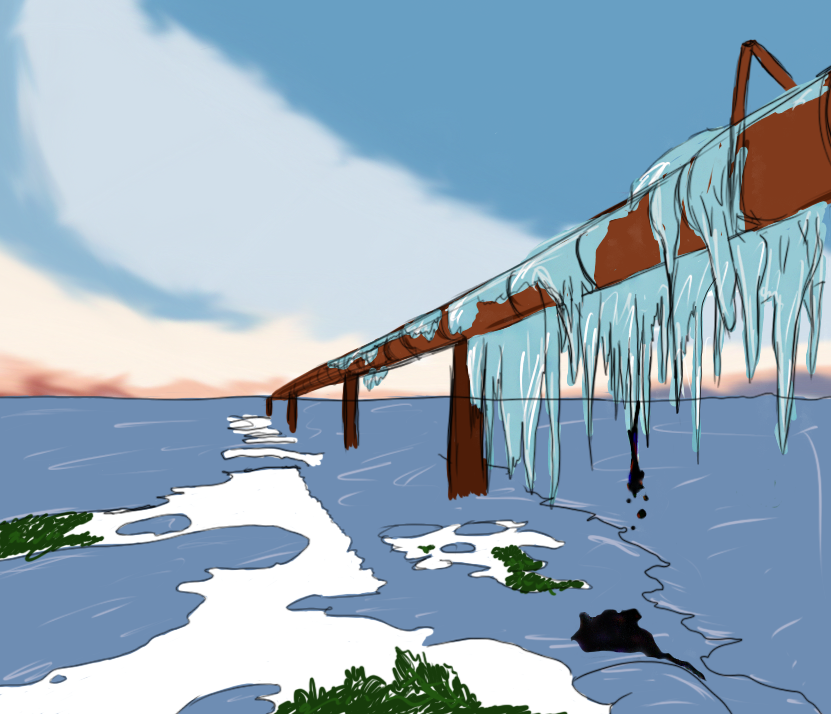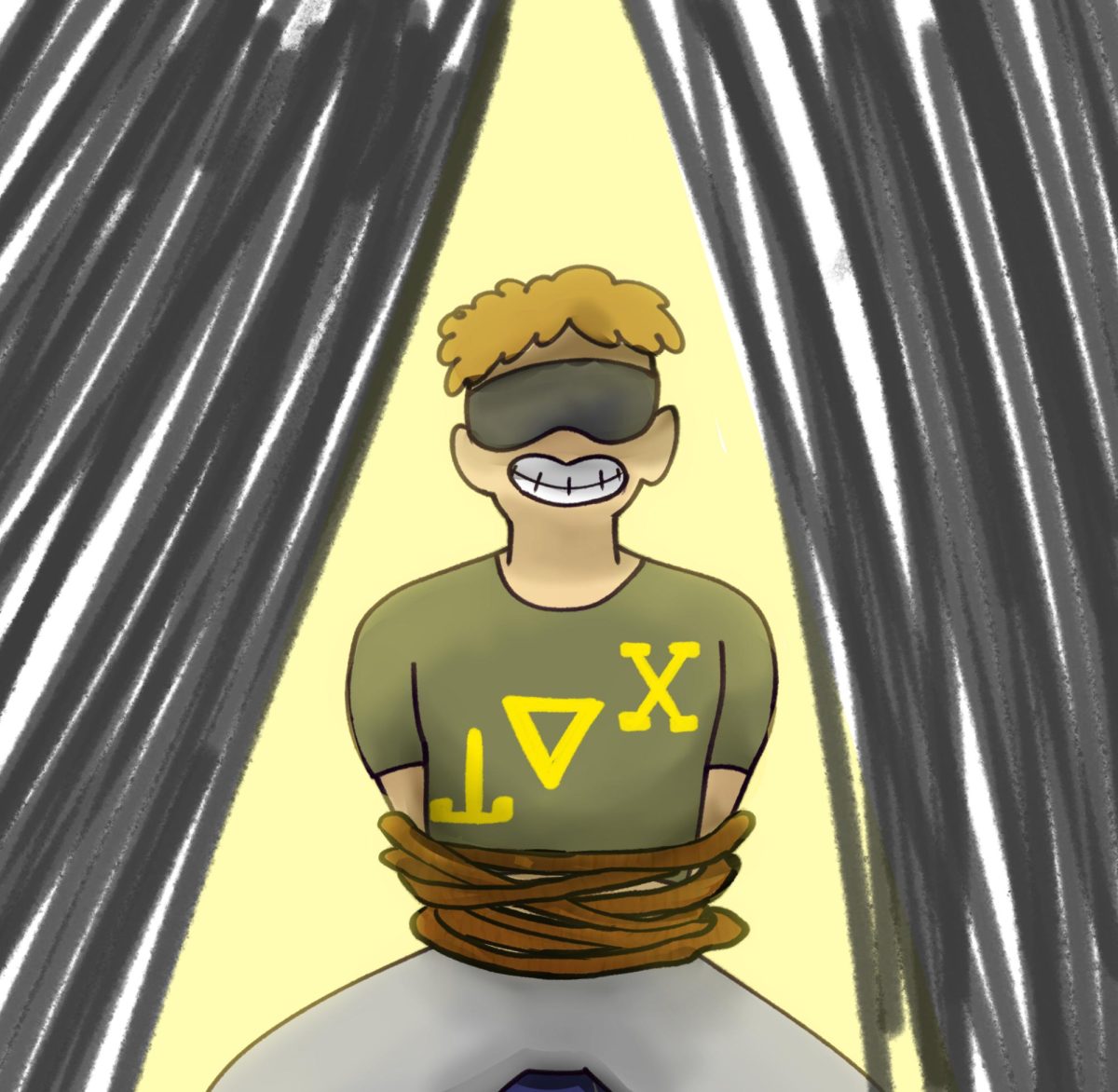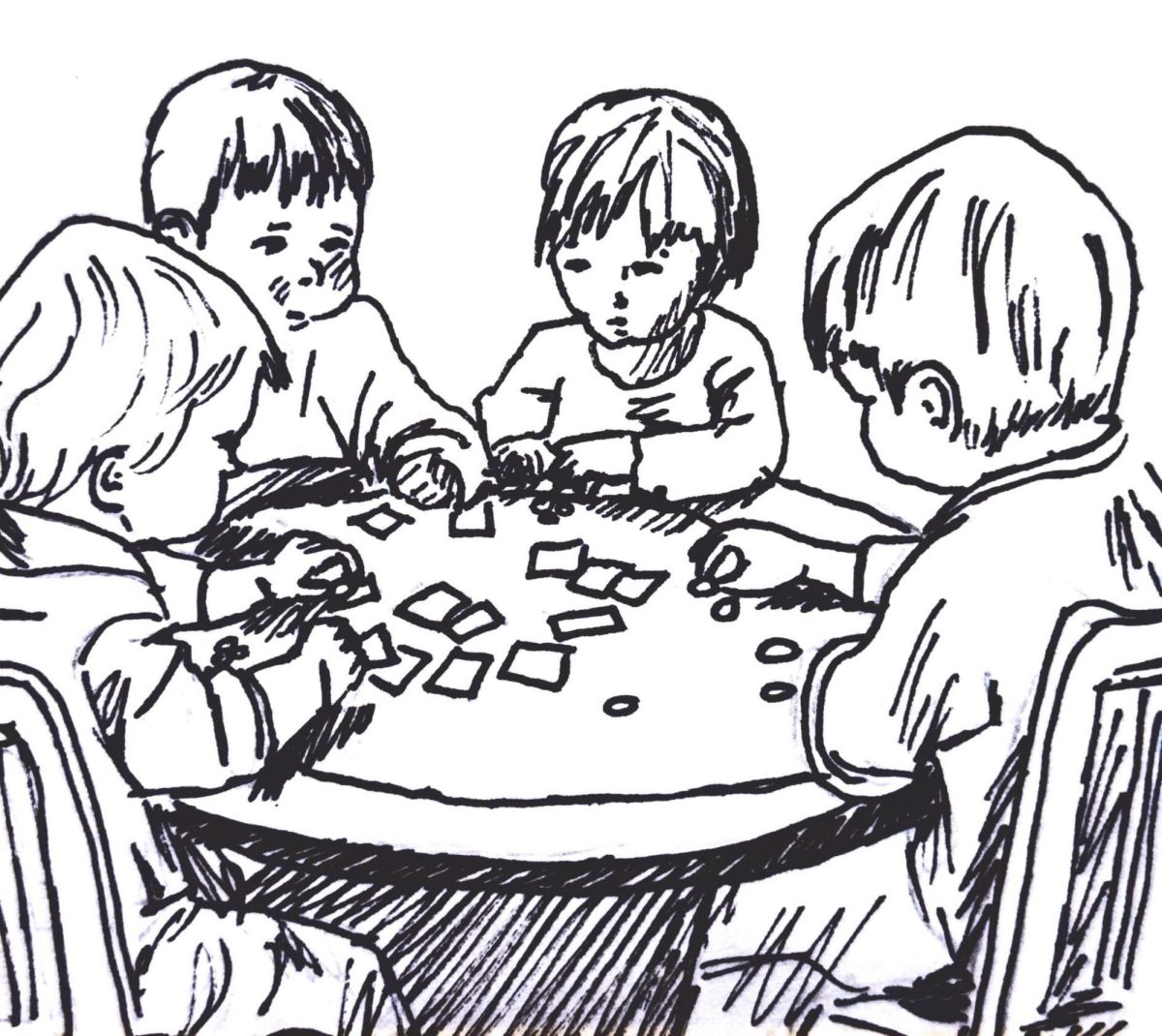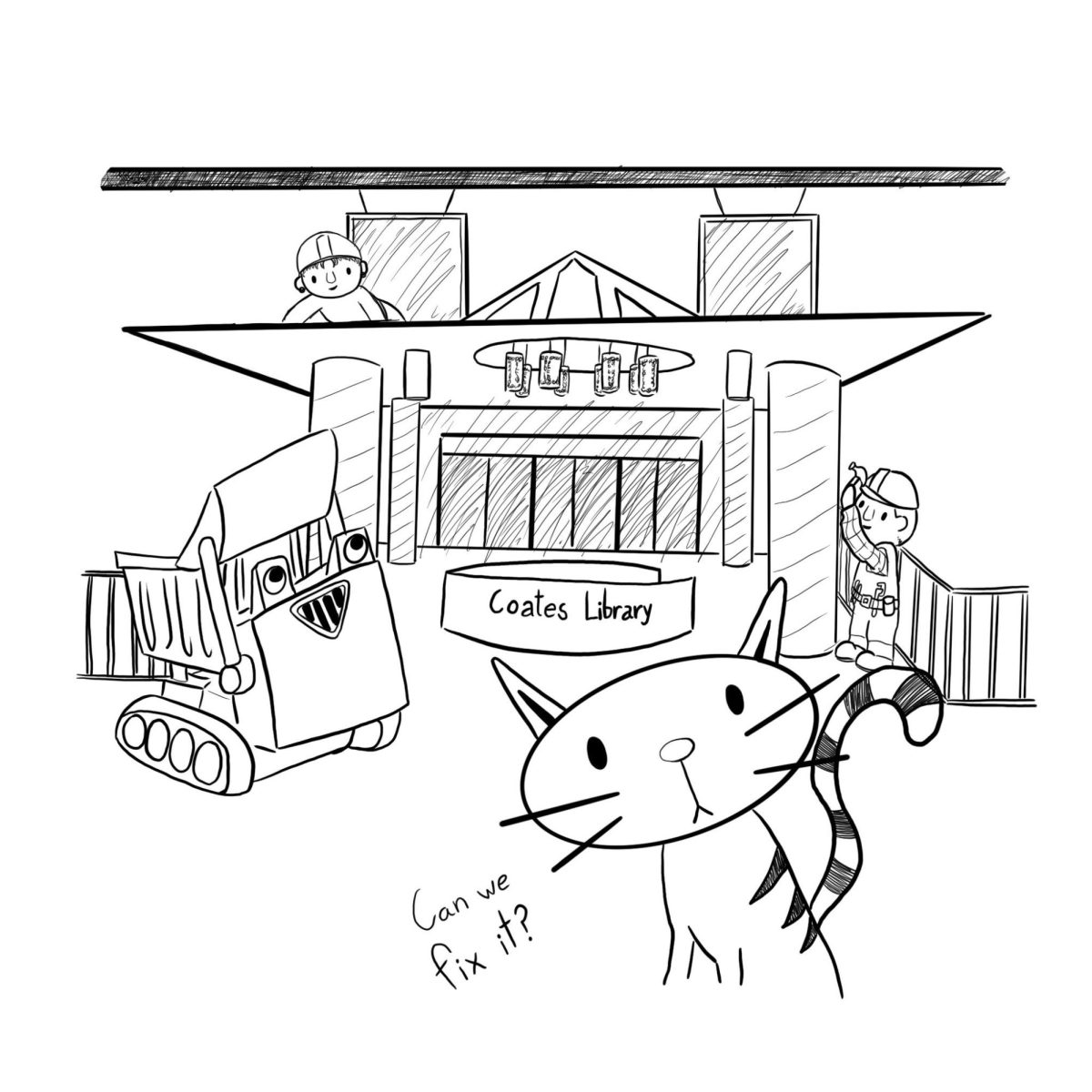The recent cold front brought up flashbacks to Winter Storm Uri in 2021, when snow and freezing temperatures crippled the state’s energy infrastructure network, leaving millions of Texans without electricity, heat or running water for over a week. Two hundred and forty-six people died as a result of the crisis, according to official state estimates, but the true death toll may be far higher.
Gov. Greg Abbott and other state officials quickly claimed that the cause of the calamity was primarily frozen wind turbines. It is, however, more likely that much of the grid’s collapse can be attributed to natural gas pipelines, which make up a plurality of the state’s energy usage and failed at high rates. With Uri fresh in the minds of Texans, however, it feels appropriate to investigate the true underlying cause of the continuing vulnerability of our infrastructure: our state’s privatized energy market, which has been designed to generate profit for the wealthy instead of providing vital services to residents.
The immediate conditions of our modern energy grid originated in the 1990s when George W. Bush was governor of Texas. Over the course of four years, Texas deregulated much of its energy grid. Deregulation largely ended the power granted to state-directed monopolies, leaving it up to private for-profit corporations to compete with each other to provide energy to Texans. The process of privatization has, by nature, ceded direct democratic control over the state’s power grid. Barring a political movement to nationalize our energy infrastructure, the failures of private providers are strongly insulated from electoral pressure.
Privatization has been justified by the maxim that the government should be “run like a business” (or in this case just run by businesses), usually in the name of efficiency, price cuts or increased quality of public services. Texans do generally enjoy access to cheap energy, but that is probably owed more to the state’s massive natural gas resources. Beyond pricing, Uri exposed the false narrative of private market efficiency. Private providers are subject to less democratic oversight, and since their primary concern is profit, they are not incentivized to build and operate infrastructure with security or environmentalism in mind.
Fortunately, Texas has not (yet) suffered a similar disaster during the recent cold snap, due in part to less severe weather conditions. Beyond this, a boom in renewable energy production over the past two years, particularly wind energy, has reduced Texas’ reliance on natural gas and other fossil fuels. However, to quibble over whether or not renewables or fossil fuels are more efficient for winterization is to miss the forest for the trees. Extreme weather events like the winter storm are becoming increasingly common and will only continue to escalate in frequency and severity as the Earth’s atmosphere continues to warm.
The worsening situation can be flatly attributed to climate change and the fossil fuel dependence driving it. The privatized, profit-focused energy market in Texas incentivizes continued reliance on natural gas and fossil fuels. This both creates and exacerbates extreme weather events and relies on infrastructure vulnerable to said weather. Dealing with the structural roots of the winter storm and the climate crisis will require a break from our current mode of production towards something more radically democratic and accountable to the public good.
Categories:
There’s no power to the people this time
More to Discover
About the Contributor

James Lee, Illustrator
Hi guys, my name is James (he/him/his), and I am a sophomore illustrator for the Trinitonian! I am double majoring in Communications and Computer Science and minoring in New Media. A fun fact about me is that I love the color orange.








BayouBill • Jan 26, 2024 at 3:00 pm
It will only get worse with our good-ol-boy legislature. But I guess if Texas secedes from the union it helps to have a private power grid.
Mickey Meyers '63 • Jan 26, 2024 at 2:45 pm
Jack Maxwell’s “There’s no power to the people this time” is journalistic brilliance. What a clear, thoughtful, and responsible opinion piece. This editorial should be shared in newspapers throughout Texas.